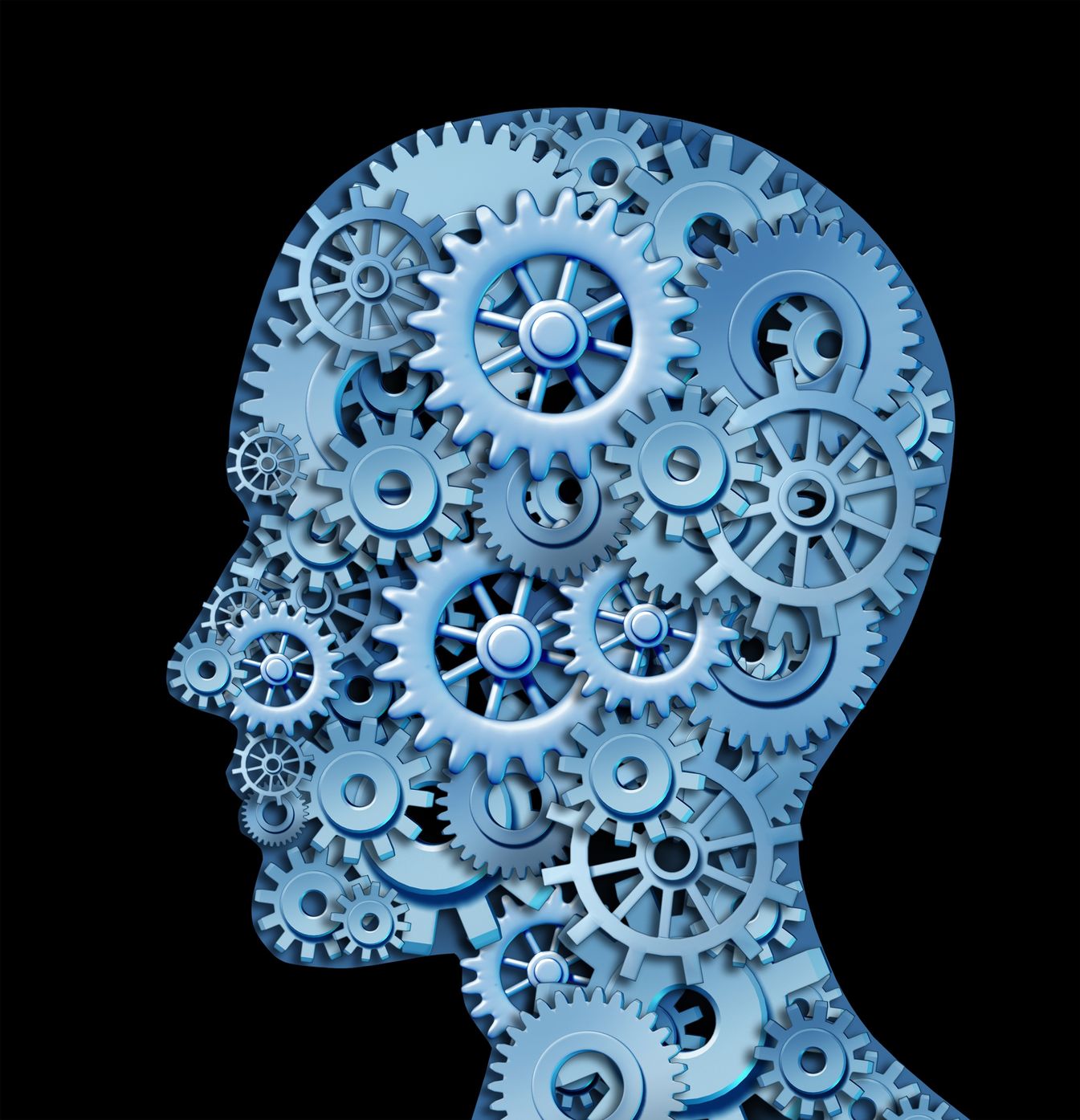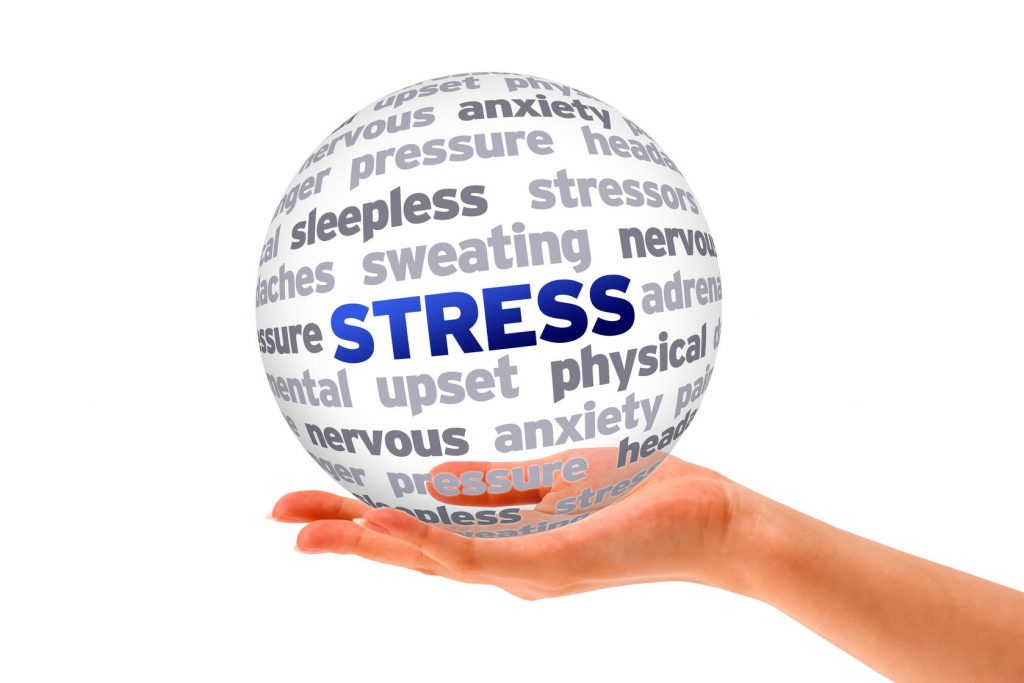Your cart is currently empty!
Tag: mental health
-

5 Ways Feldenkrais Supports Mental Health

5 Ways Feldenkrais Supports Mental Health
The Feldenkrais Method is not just helpful for improving your physical health and well-being, it also supports your mental health. Your brain is essential in thinking, feeling (emotional health) and sensing via the 5 senses.
All movement is initiated via the brain and nervous system. When you improve the way you move you simultaneously improve your thinking, feeling and sensing, because you are actually changing the way your brain and nervous system is wired. Improvements to your brain function and mental health happen gently and with minimal effort on your part.
“What I’m after isn’t flexible bodies, but flexible brains. What I’m after is to restore each person to their human dignity. ” – Moshe Feldenkrais
So what are 5 ways that Feldenkrais can help support your mental health and overall well-being?
1. Developing mindfulness, concentration and attention supports mental health
During a Feldenkrais awareness through movement lesson you are guided to closely observe and mentally follow your body during both stillness and movement. This process gently focuses on body sensations and improves your kinaesthetic sense while developing relaxed concentration. Once engaged in the process thoughts and worries about the past and future are set aside. Improving mindfulness is known to help improve mental health.
2. Self-care: Learning to listen to your inner needs supports mental health
Feldenkrais lessons help you remember how good it feels to listen to your body sensations without forming judgements. You learn how to become more comfortable in your own skin. You start to realise that letting part of your awareness to attend to your inner experience need not reduce your effectiveness in the outside world, in fact it can enhance it.
3. Improving physical and mental habits supports mental health
Through Feldenkrais you discover that you have your own unique patterns of physical tension which are closely interwoven with the way you feel about yourself and the world around you. These patterns are simply neuro-muscular habits and habits can be changed. Instead of fighting against the tension or seeking to get rid of it, you learn to go with it. The habit, which may have been invisible then becomes obvious and you begin to discover that you have other options.
“When you know what you’re doing you can do what you want” Moshe Feldenkrais
4. Slowing down supports mental health
In Feldenkrais it’s not so much in the movements themselves that matter, its the way in which you do them. By going in slow motion you are able to observe things you would not otherwise notice about the quality of your movement. Practicing the component parts slowly gradually leads to more efficient movement patterns. Then the movements can then be done fast without losing efficiency. Going slowly allows you to more accurately map movements and your body’s position in space as it changes over time and creates more detailed and accurate mental maps of your body in your brain. This slow movement is a great antidote to the regular pace of life.
5. Learning to reduce effort supports mental health
Often we equate high achievement with hard work. However over-efforting can often interfere with efficiency. Trying hard and doing your best are not always the same thing. What if you could do more with less effort? How can you achieve the results you want without wasting effort or energy? These are questions we commonly explore within the context of Feldenkrais lessons. Rather than giving you answers we encourage you to engage with the question and guide you to discover your own answers. In this way the Feldenkrais Method supports autonomy and taking charge of your own physical and mental health.
The thing is, reading about Feldenkrais is like reading about the ocean when you’ve never been there. You really need to experience it for yourself, not just read about it. So we warmly invite you to come for an individual consultation or enquire about a trial class. If you don’t live in Perth, you can still access our free YouTube Videos via this site.
-

Feldenkrais for Stress and Anxiety

Feldenkrais for Stress and Anxiety
By Jodie Krantz
To improve our mental health we need to become more mindful of what is going on inside our bodies, not just in the world around us. Feldenkrais can help with this.
This week I started teaching a series of awareness through movement lessons for psychiatric inpatients at the Marion Centre, Perth Western Australia. This small private psychiatric hospital provides a rehabilitation service for people experiencing difficulty functioning in everyday life. I’m currently a volunteer at the hospital. I’m working in conjunction with a clinical psychologist and two occupational therapists.
Seeing people at such a low point in their lives has made me reflect on why more people need to know about the Feldenkrais Method. This method of learning to move more easily can improve your mental health as well as your physical health.
Developing skills to reduce stress, manage anxiety and improve mood has never been so important. According to the Australian bureau of statistics forty five percent of Australians experience mental health problems at some stage during their lives.
Anxiety is the most common form of mental illness in Australia and is the leading cause of disability in the world. Depression and mood disorders are also common. People with chronic pain (persistent pain) have a substantially increased risk of developing anxiety or depression.
Group work, relaxation training and various forms of physical exercise have long been known to assist in the management of mild to moderate anxiety and depression. The Feldenkrais Method combines mindfulness, movement and relaxation, all of which can help reduce stress, while improving many aspects of mental functioning.
Much of our lives are spent on autopilot. We respond in a stereotyped and habitual way to daily circumstances. Some of these responses are useful and but many are sub-optimal. Often we’re doing one thing but thinking about another thing. We rush from one activity to the next, desperately trying to multitask in order to achieve more in less time. We think of this as efficiency but the speed at which we live our lives is causing many of us to reach breaking point. Those who are most resistant to slowing down are often the ones who need it the most. Australian poet and cartoonist Michael Leunig has some funny but wise words to share with us on ‘restlessness‘ in Mr Curly’s letter to Vasco Pyjama!
During the course of an average day many of us spend a great deal of time tending to the tasks and demands of everyday life, while ignoring the body’s messages. For example we may go for long periods of time slouching in an uncomfortable chair, wearing a bra that constricts our breathing or shoes that hurt and damage our feet. Some of us habitually continue eating after we are full. Others become so preoccupied that we ignore our need to go to the toilet or get a drink.
“I believe that the unity of mind and body is an objective reality. They are not just parts somehow related to each other, but an inseparable whole while functioning. A brain without a body could not think. ” Moshe Feldenkrais
The thing is, reading about Feldenkrais is like reading about the ocean when you’ve never been there. You really need to experience it for yourself, not just read about it. We welcome you to call or email us today to enquire about a trial class or book an initial assessment. If you don’t live in Perth, you can access our free YouTube videos to begin your Feldenkrais journey.
